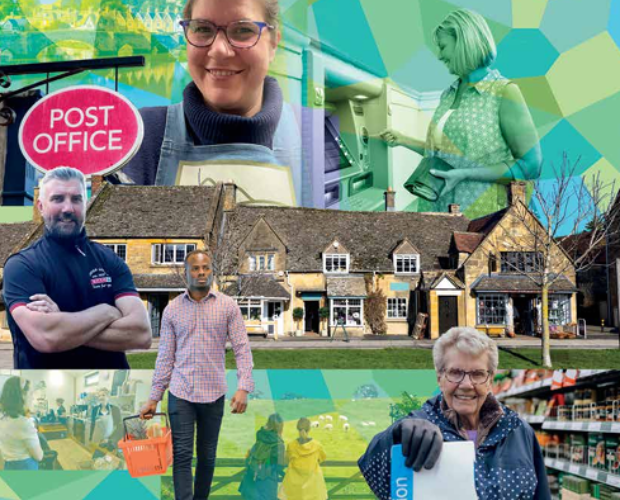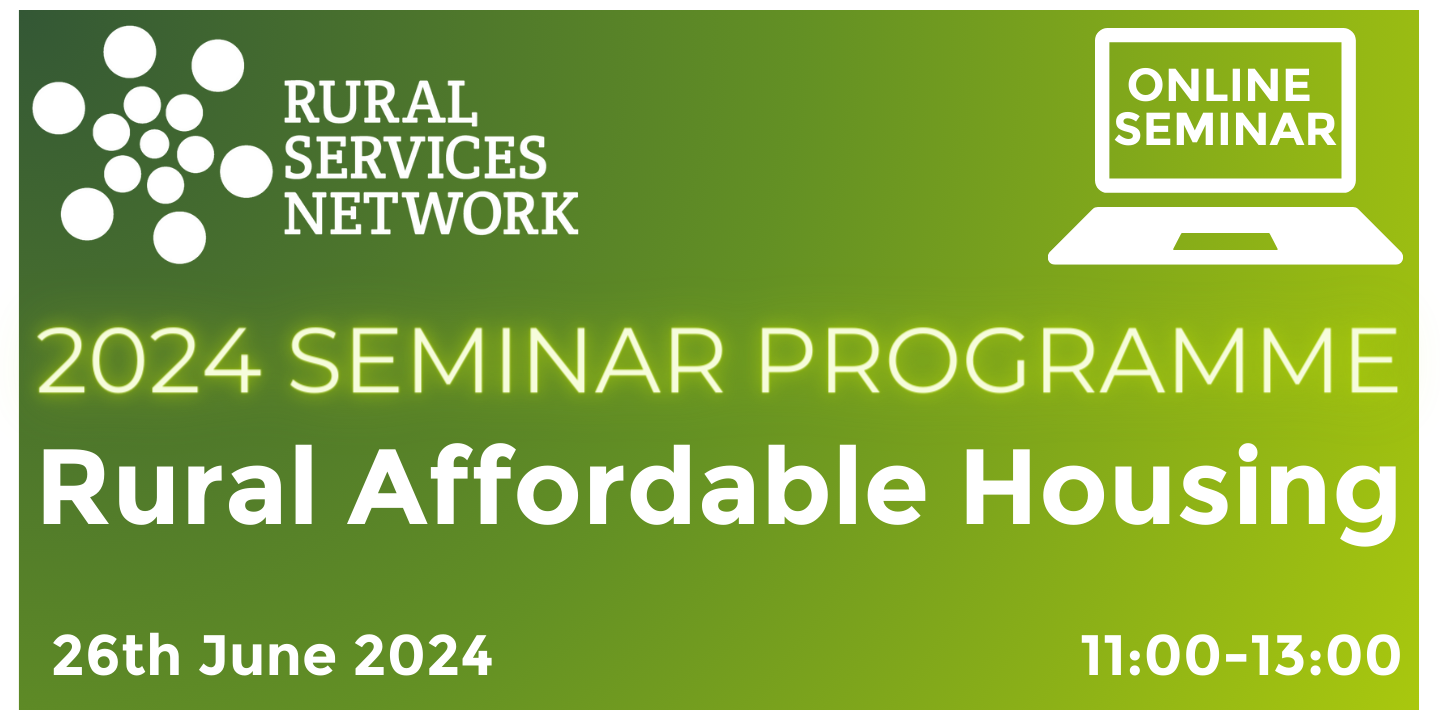T: 01822 851370 E: [email protected]
Finance
- To download the Agenda for this seminar click here POST EVENT: PRESENTATIONS Kerry Booth, RSN - Campaigns Update ...
As the Final Local Government Finance Settlement has now been published, the Rural Services Network (RSN) expresses deep concern over the allocation of government funding. The settlement fails to ensure a fair distribution of resources and does not adequately recognise...
The Association of Convenience Stores (ACS) has celebrated the investment, community contribution and range of services provided by the UK’s almost 19,000 rural convenience stores, despite significant challenges ahead. The 2025 Rural Shop Report, launched on 29th January sets...
A recent report from the National Innovation Centre for Rural Enterprise (NICRE), authored by Mark Shucksmith, Emeritus Professor at Newcastle University, and Jane Atterton, Head of the Rural Policy Centre at Scotland’s Rural College, sheds light on an often-ignored crisis:...
Health disparities have long cast a shadow over the well-being of rural communities, a situation further exacerbated by the Covid-19 pandemic. The recently published report by the Health Innovation Netw ork, " Forging a More Equitable Healthy Future Through Policy...
Cornwall is ideally positioned to play a leading role in the UK’s Industrial Strategy according to some of the key members of the business community. That was the clear message at an event in Penzance entitled ‘‘UK Industrial Strategy...
Last week, an Adjournment Debate in Parliament provided MPs with the opportunity to highlight the ongoing challenges facing rural communities, particularly concerning access to public services. The debate, led by David Smith MP (North Northumberland), accentuated the critical...
- To download the Agenda for this seminar click here POST EVENT: PRESENTATIONS Martin Collett , Chief Eecutive, English Rural Housing Association , " A Manifesto for Delivering Thriving Rural Communities...
The Rural Services Network welcomes the ambition of the Government in the Social Care White Paper ‘People at the Heart of Care’ published yesterday afternoon by the Government. In particular, we welcome the Social Care Minister Gillian Keegan who...
Our Chief Executive Graham Biggs MBE gave evidence today (16th October 2018) to the House of Lords Select Committee on the Rural Economy. He responded to a number of questions on the Rural Economy and here is a...
NEWSLETTER
Sign up to receive all our latest news and updates.
HOT TOPICS
Amid reduced public spending, fair resource allocation across regions is crucial. Despite a population larger than Greater London, rural areas receive significantly less funding for essential services, even though delivering these services in rural areas is more expensive.
Economic growth is widely acknowledged as essential for national wealth and prosperity and is a priority for political parties. Rural economies, employing millions and home to a higher proportion of small businesses, have potential for growth if barriers are removed.
Rural residents face distinct healthcare challenges, including limited access to transport, longer distances to medical facilities, an aging demographic, housing inadequacies, digital connectivity gaps, and difficulties recruiting health and care workers.
Rural communities are grappling with a severe affordable housing crisis, marked by high house prices, a lack of affordable housing, elevated living costs, and lower incomes, threatening their sustainability and vitality.
Transport is vital for the quality of life and economic health of rural areas, yet it faces challenges such as infrequent public bus services and less Government funding compared to urban regions.
Rural areas, encompassing a substantial portion of England's population and land, play a pivotal role in combating climate change and achieving the net zero target.
In an increasingly digital world, the lack of robust digital infrastructure in rural areas severely limits access to crucial services and stifles economic growth.
A future-focused vision for rural communities involves not just building the right homes in the right places but also ensuring thriving, sustainable communities.
SIGN UP TO OUR NEWSLETTER
Sign up to our newsletter to receive all the latest news and updates.













